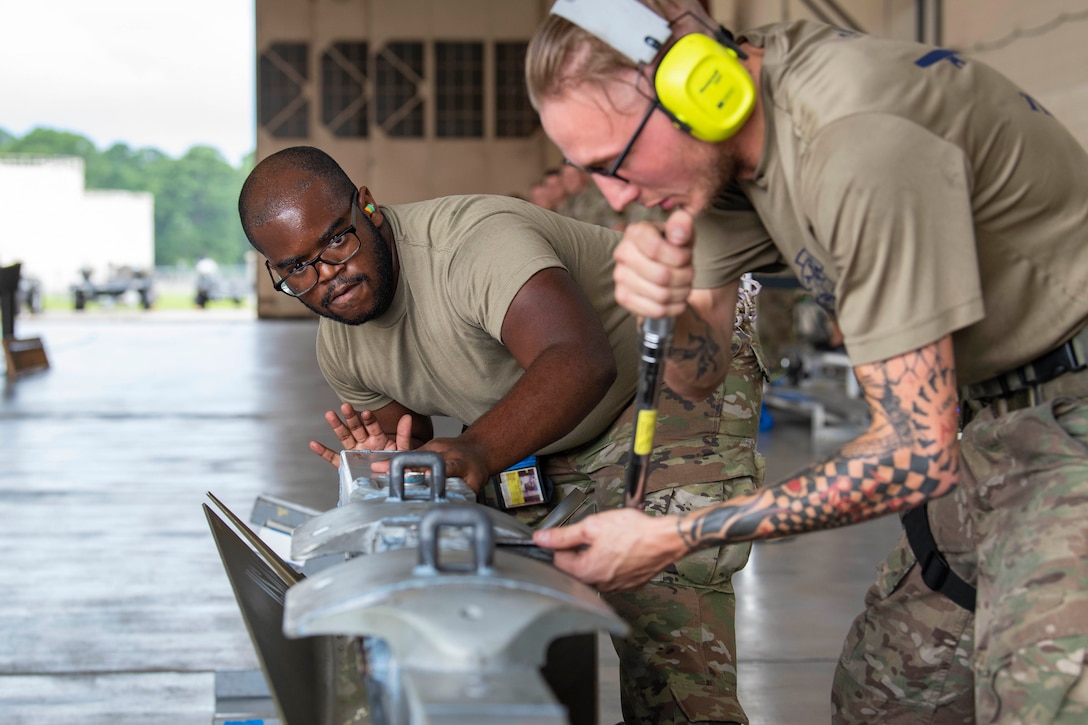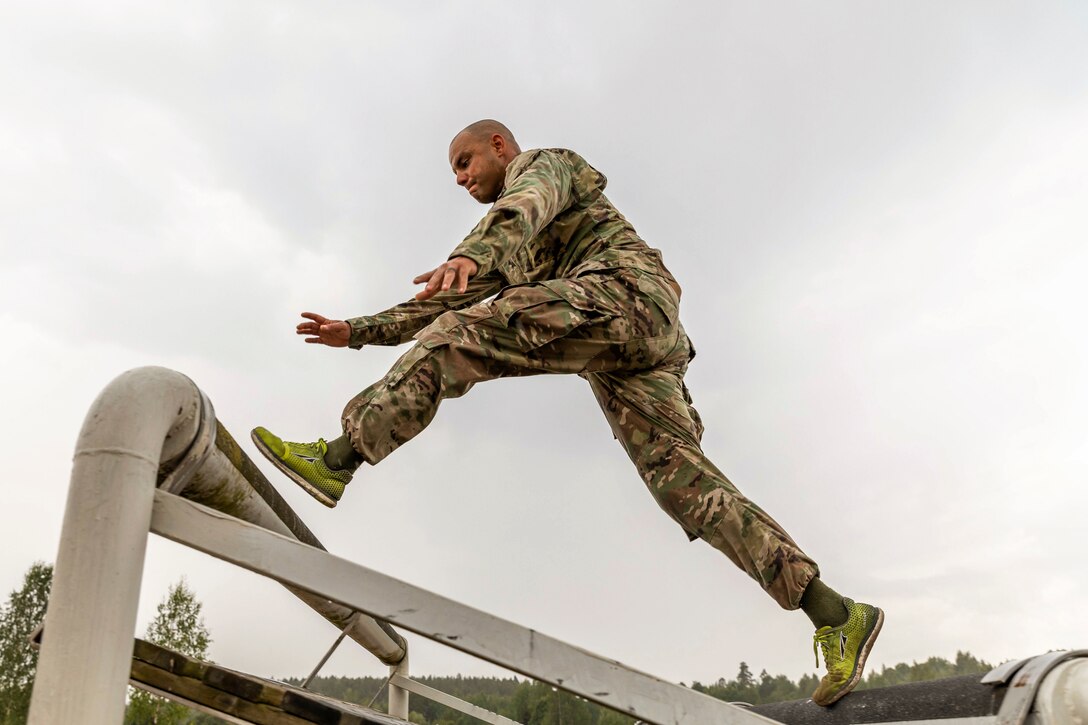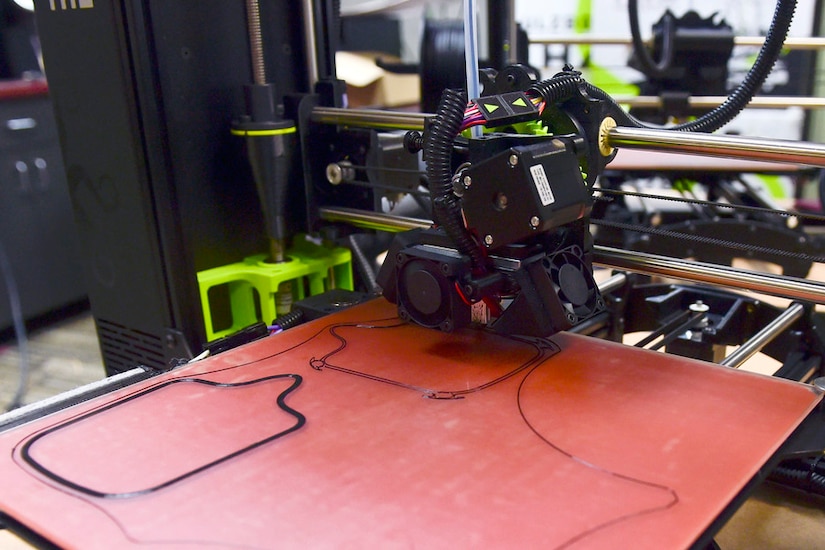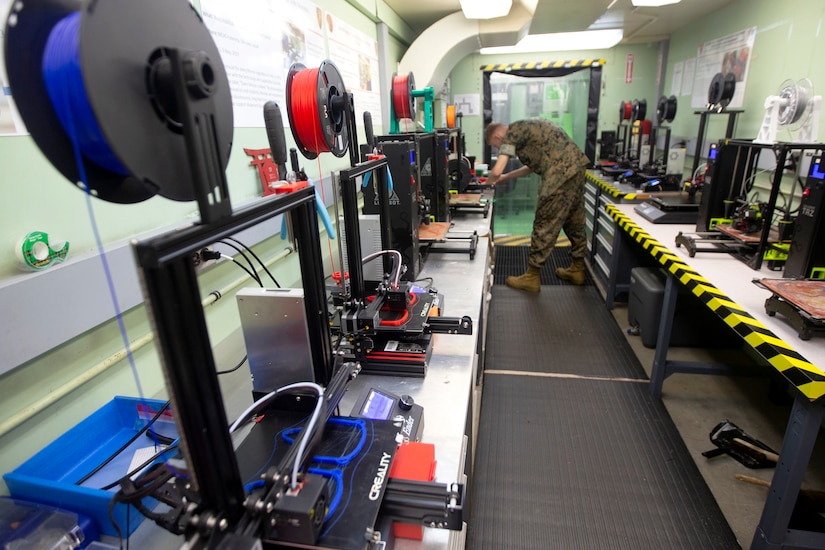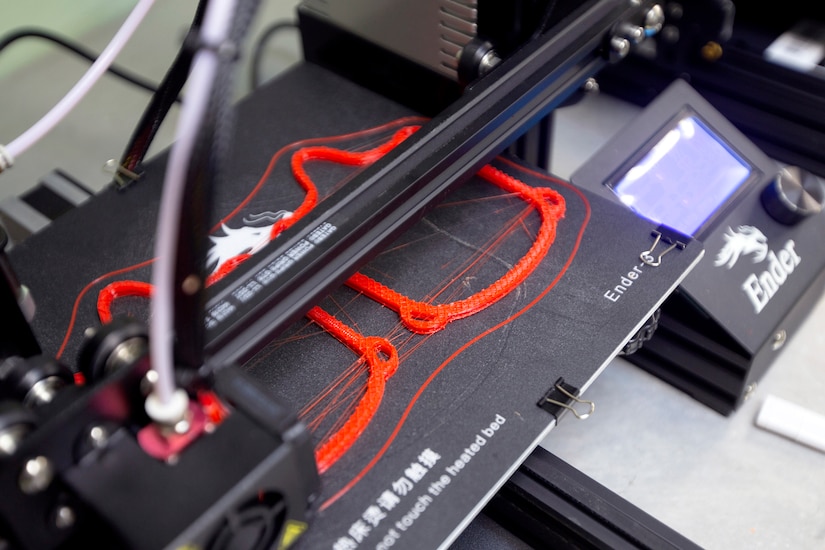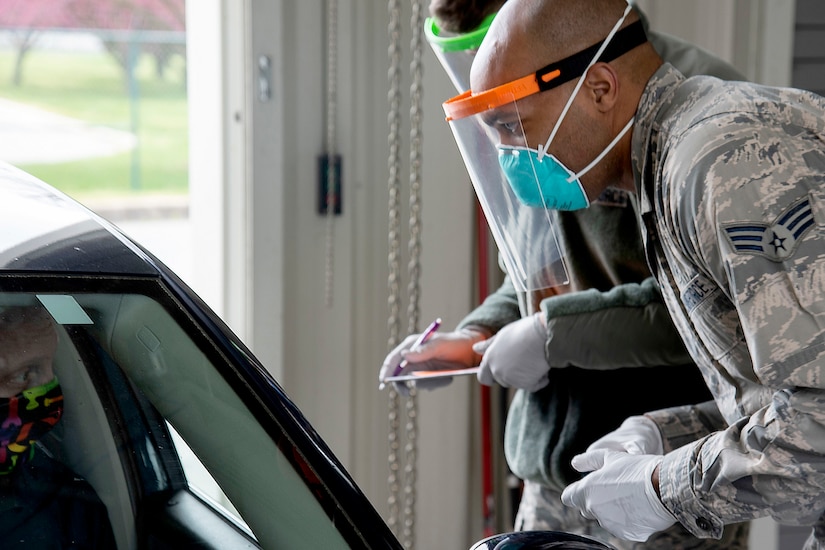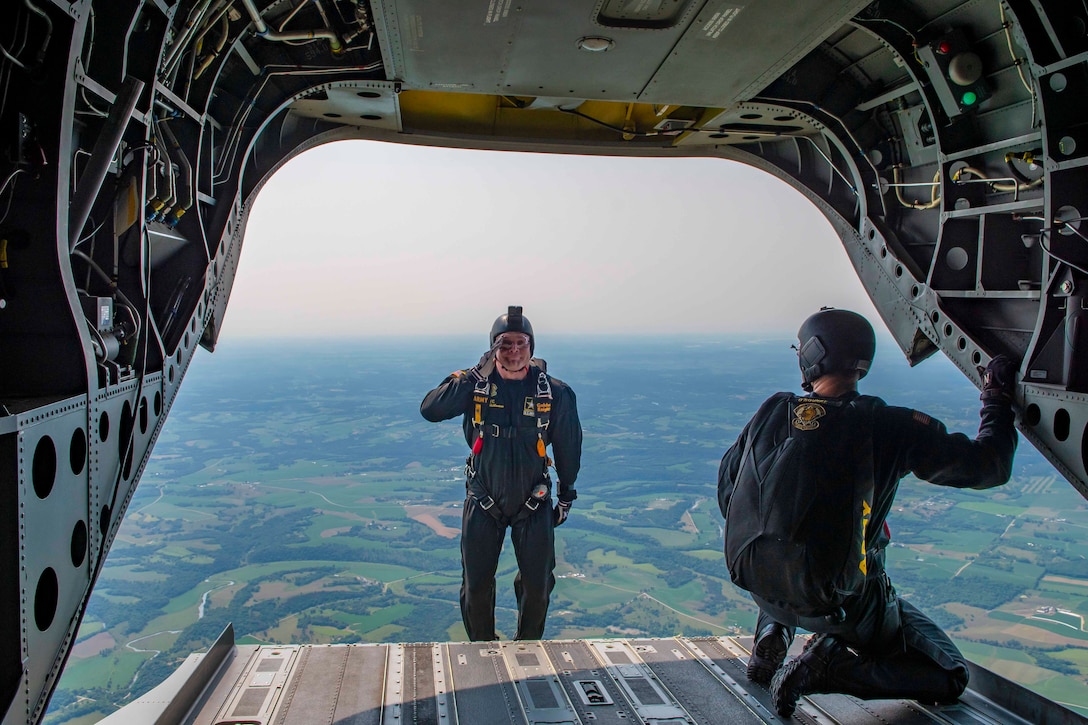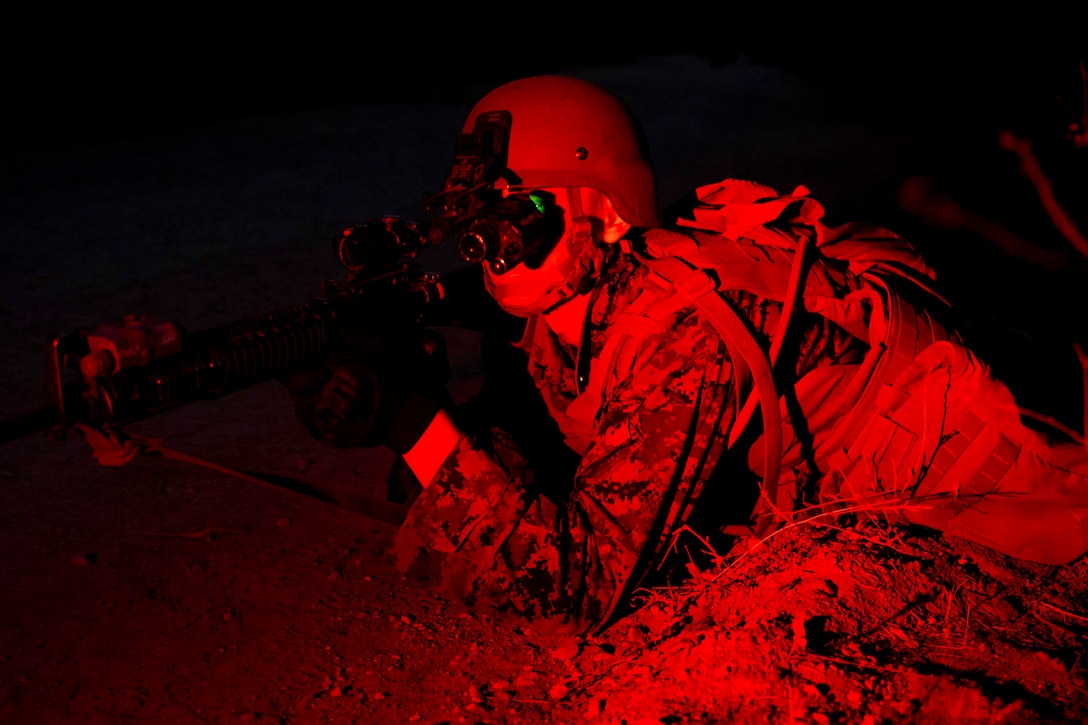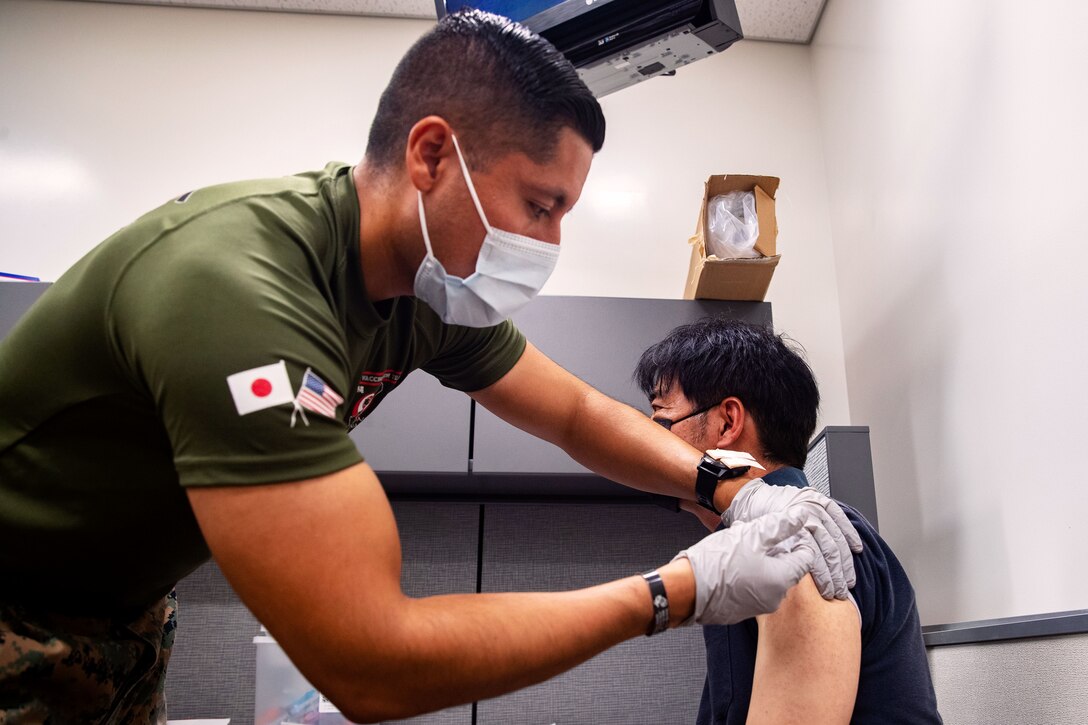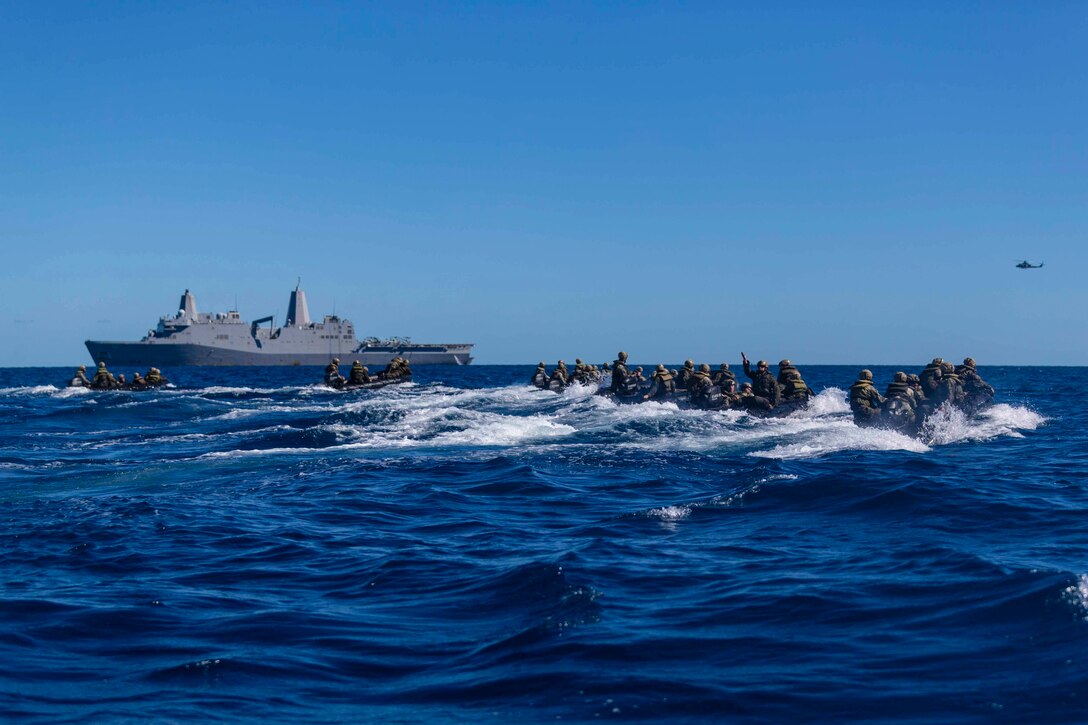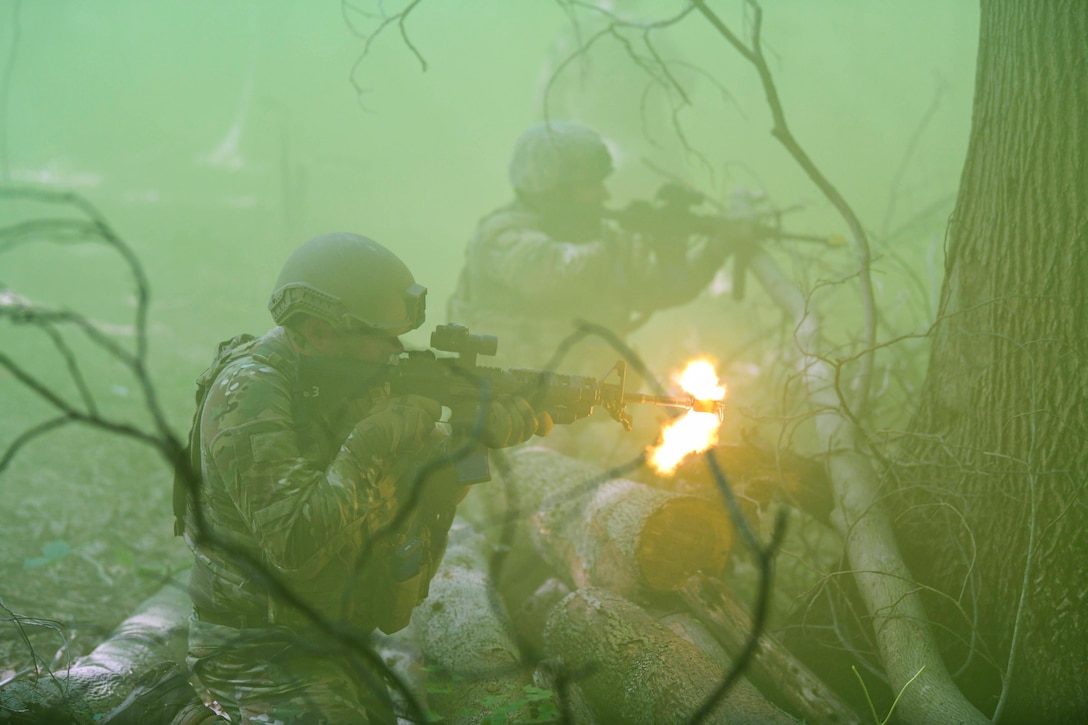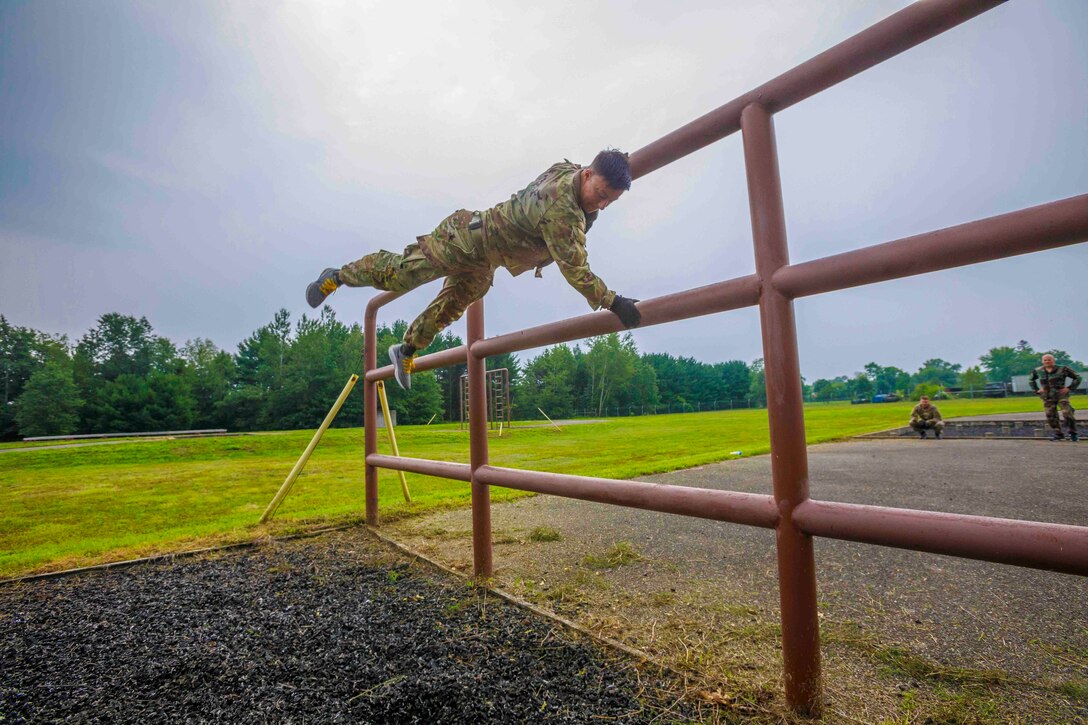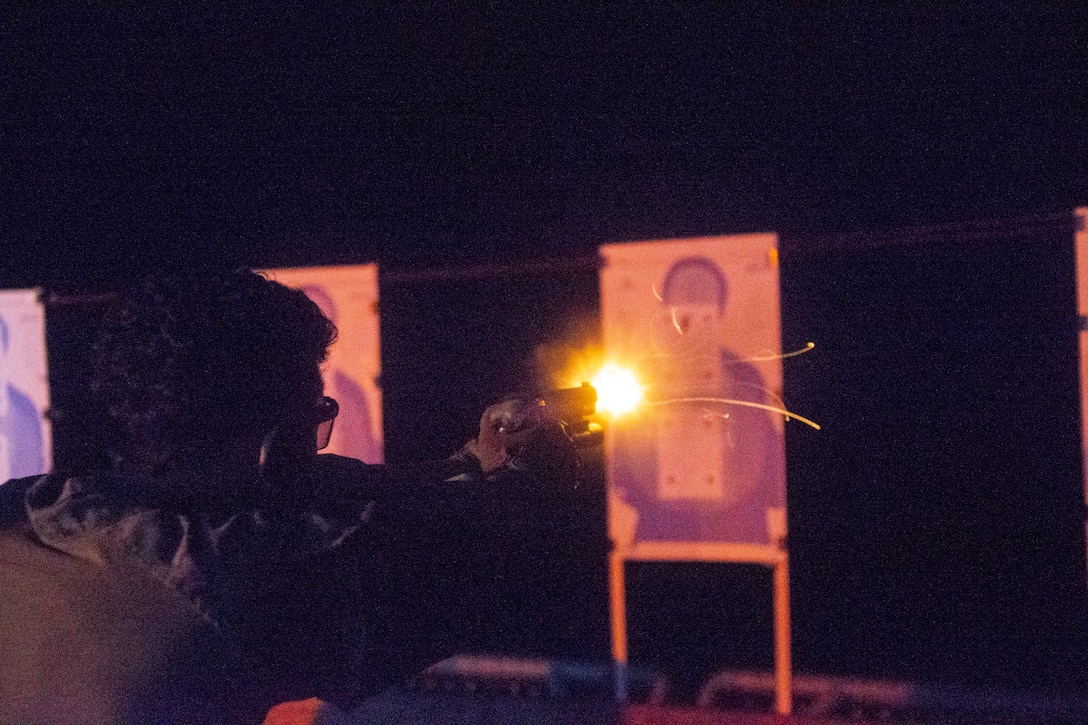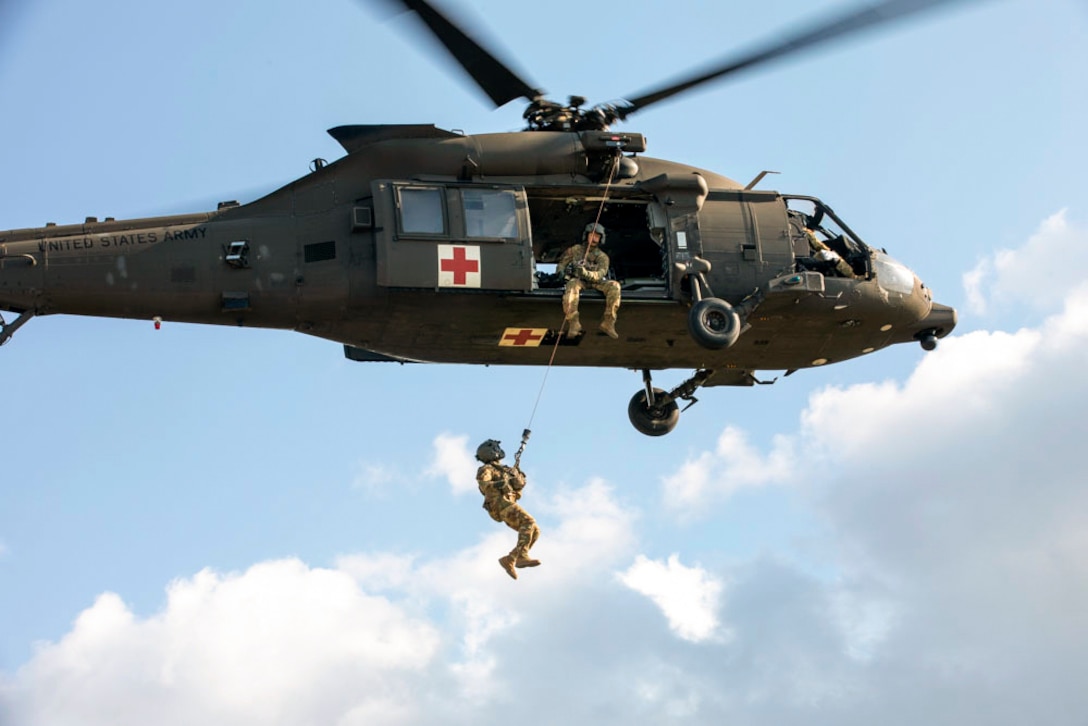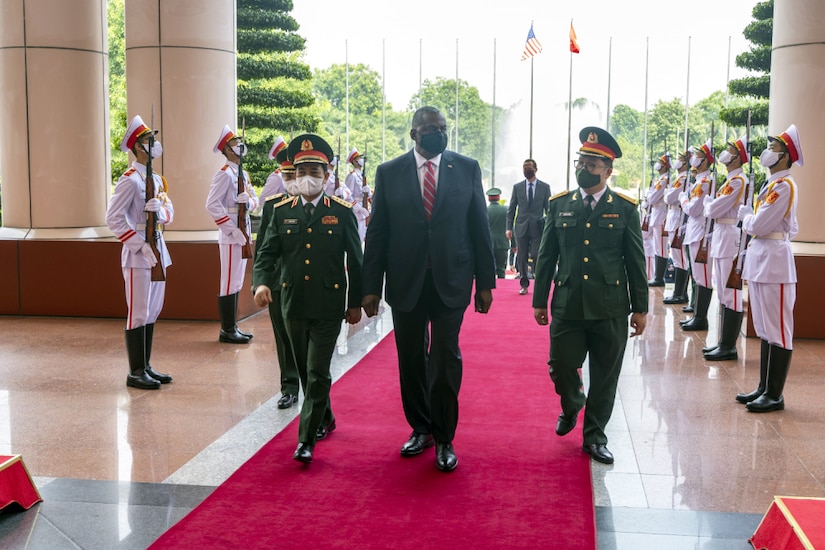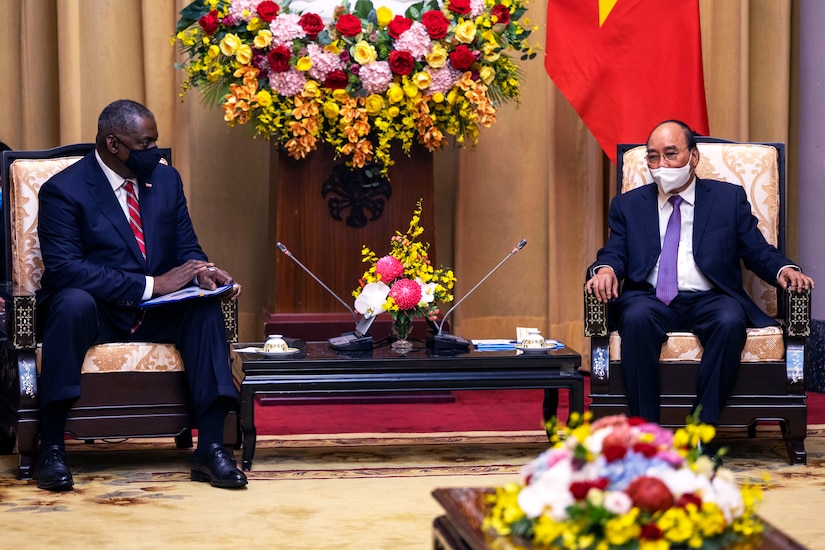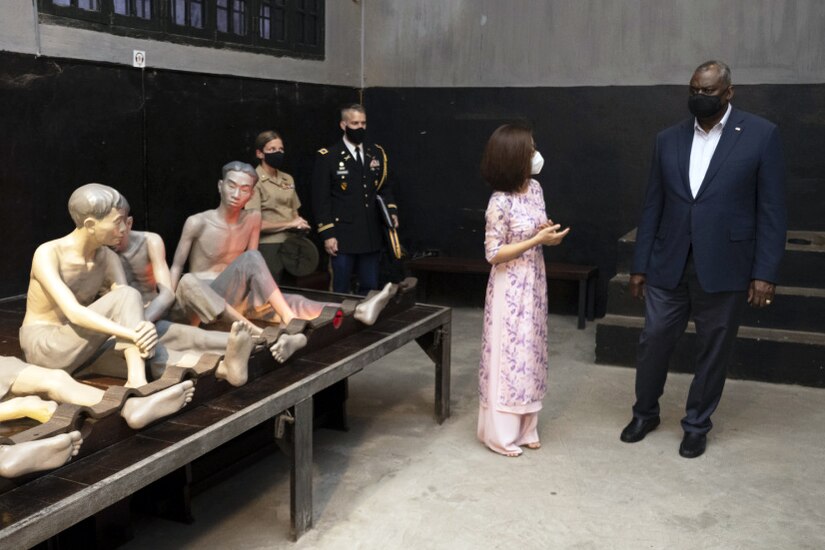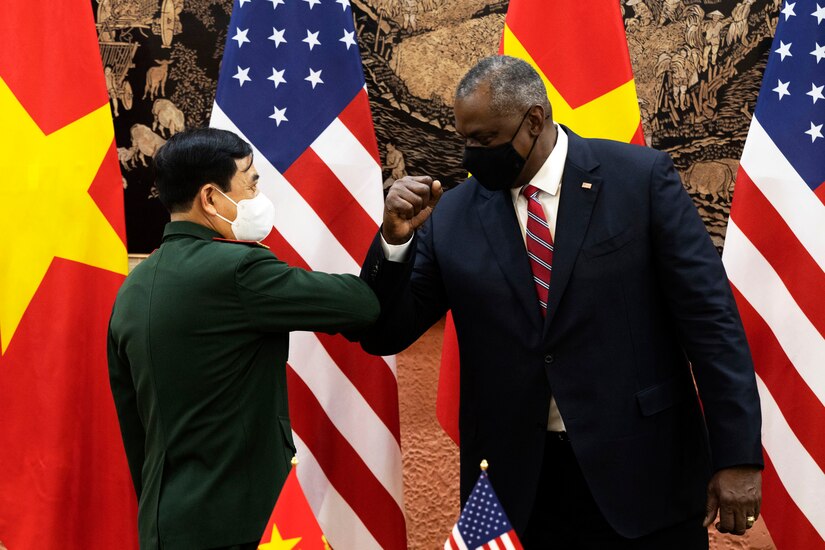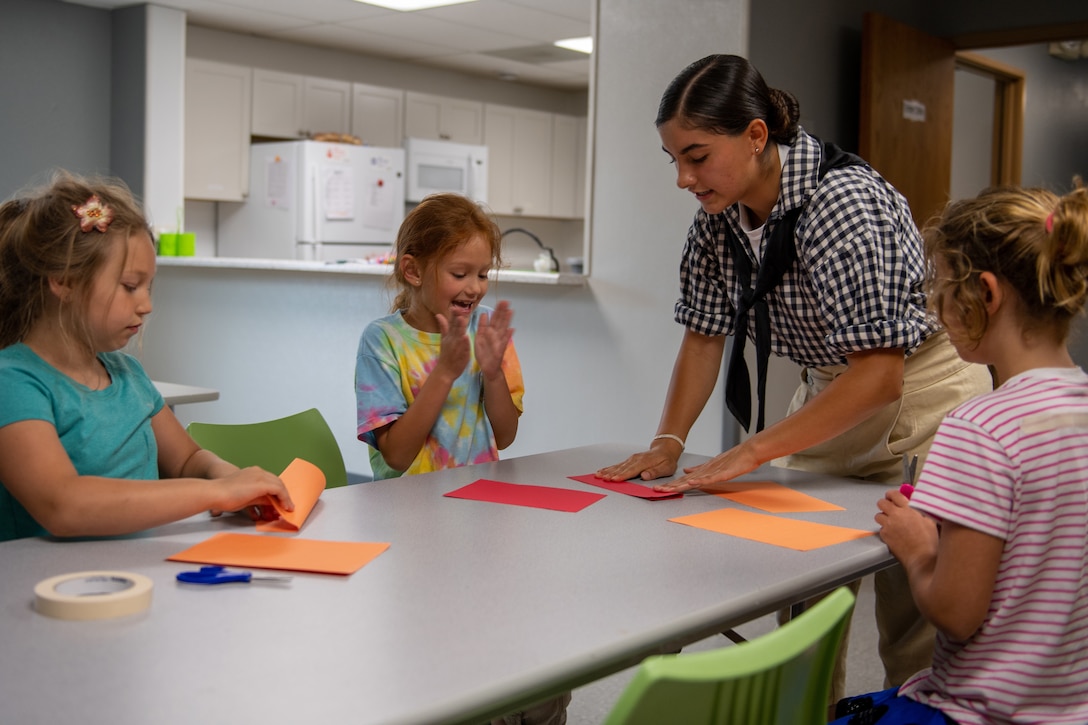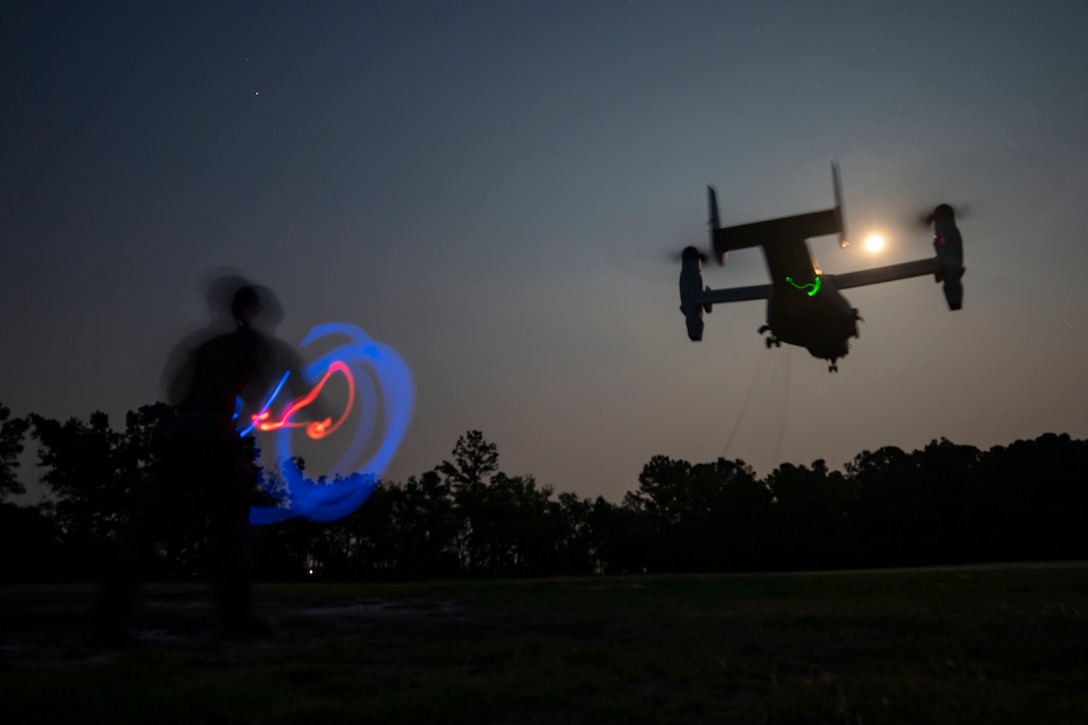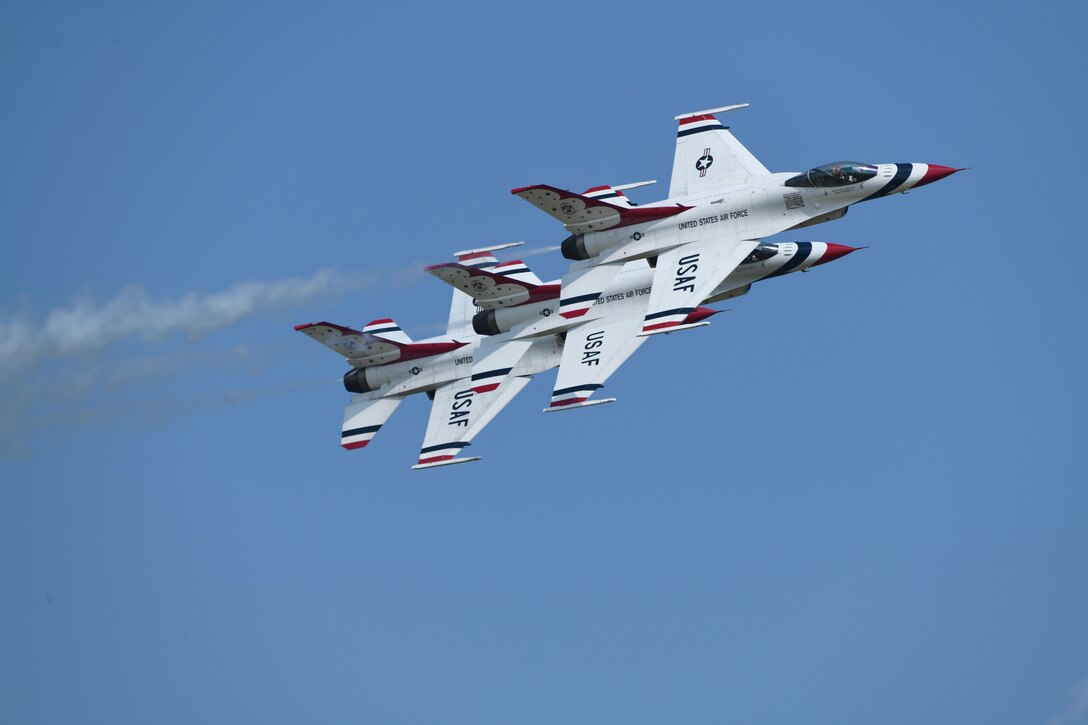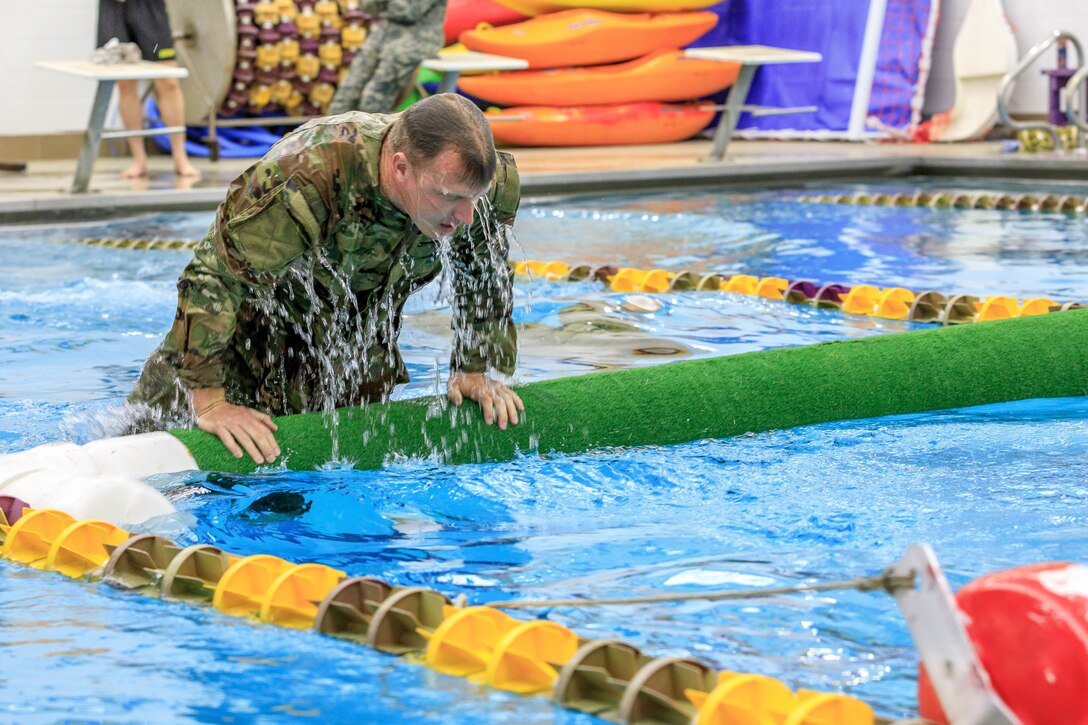Pentagon Press Secretary John F. Kirby
PRESS SECRETARY JOHN F. KIRBY: OK, what's on your mind?
Q: Can we ask about Vietnam? Since you were in the meetings, I know
Secretary Ashton talked about, you know, we're always going to lead with
our values: did the issue of human rights come up in any of the
meetings and how? How was it addressed?
MR. KIRBY: The Secretary absolutely brought up human rights in his
meetings today. And, you know he said it the way you have heard him say
it before, we lead with our values as President Biden has made very
clear, and that good friends and partners should be able to have open
and honest discussions with one another about these difficult, fairly
sensitive issues. And he noted, that you know, the United States doesn't
always get it right either. And that we have to be, all of us have to
be, open and honest about the importance of human rights and civil
rights and governing societies where people are empowered to grow and to
develop and to be able to freely express themselves.
Q: There is a new government in Vietnam. Did they have specific asks
for the Secretary? I mean obviously you guys signed the MOU this time
but did they have any ask what they would want the United States to,
beyond COVID assistance, perhaps?
MR. KIRBY: There was there was a genuine appreciation in every
meeting for the assistance that the United States is providing with
vaccines. And as you heard the Secretary say, we've given that Vietnam
five million. And as the Secretary made clear that there's no strings
attached to that. We're not asking for a quid pro quos here, we're not
asking for anything in return. This is a global pandemic and the United
States wants to help. But the meetings covered a lot of different issues
- maritime security clearly was one. Military cooperation another, but I
think in general the way, and without getting too specific or speaking
for the Vietnamese, the Secretary came away with a sense that what they
really want is a continued and closer relationship with the United
States military. And the Secretary made it very clear, on more than one
occasion today, that he very much wants that too.
Q: So will there be more port calls and more exercises between U.S. and Vietnamese troops?
MR. KIRBY: We didn't get into those kinds of details today. It
wasn't, you know, the meetings didn't get down to that exact level.
There have been port visits, in fact as you know the carrier Carl
Vinson, first time ever had a chance to visit here. We certainly would
like to see more military-to-military relationship building. One of the
things they talked about today was the enhanced defense cooperation
agreement. But there were no specifics today about, you know, a port
visit here or there or an exercise.
Q: On the SIVs, the flights. do you have any updates? They were
supposed to come in on the 29th. Have they landed? Processing at Fort
Lee? Anything?
MR. KIRBY- I’m going to have to refer you to the State Department for
that. I don’t have any updates for you. As you know, when this first
group of special immigrants do get to the United States, they will be
temporarily housed at Fort Lee. That is all still moving right along.
And we're certainly pleased to be able to contribute to this effort. But
our focus really is on the temporary housing of this first group, and I
would let the State Department speak to process beyond that.
Q: Do you know, are there, are there any plans for any other bases or
any other temporary housing kind of in the works outside of Fort Lee?
MR. KIRBY: Right now the focus is on Fort Lee. We don't have a
specific request from the State Department to pursue another
installation. Obviously, this is a State led effort and should there be
that need, we will certainly take into consideration. But right now
there's no additional request for assistance in terms of U.S., domestic
U.S. installations.
Q-Can you talk a little bit about the importance of the U.S.
Indonesia exercises that are going right now? Garuda Strait? And I know
we're going to the Philippines that we've got U.S. exercises with the
Philippines going on now too there. Can you talk about some of the
things put in place with the pandemic? What extra precautions are put in
place to kind of protect the service members on all sides during these
exercises?
MR. KIRBY: Well we're happy to participate in these bilateral
exercises. They're important for improving our interoperability. You
heard the Secretary talk in his speech the other night about integrated
deterrence. And that's not just a U.S. idea; it's not just a U.S.
vision. It's about leveraging the capabilities and the interoperability
that we have with allies and partners around the world, not just in the
Indo-Pacific. And so these exercises allow us to improve that
interoperability and those capabilities in this particular region. So
we're obviously grateful for any and all opportunities that we get to
train. As for COVID protocols, as you know, we are working, continue to
work, to increase vaccinations among the force, and we obviously observe
CDC guidelines throughout the force, particularly for those who are
unvaccinated, so social distancing, the proper wearing of masks as
appropriate. Nothing's more important to the Secretary than the health
and well-being of our people and their readiness. And that means taking
this this virus very very seriously.
Q: At the Pentagon, are you considering any mandatory vaccinations at
this point? Is that an option that you're just looking at?
MR. KIRBY: Right now, the vaccine remains voluntary, but as I said
many times, you know, we're certainly watching the approval process and
the Secretary has never been about closing down options with respect to
the proper vaccination of the force.
Q: Overall, between Singapore and Vietnam, how's the Secretary feel about the trip so far?
MR. KIRBY: He's enjoyed it, he's learned a lot and he's greatly
appreciated the chance to interact with his counterparts, right now in
Vietnam, of course today he's really looking forward to the next stop
with the Philippines. As you know he's going to be meeting with
President Duterte this evening and then his counterpart tomorrow as well
as other Filipino officials. For the Secretary, this was a very
important trip to make. We have been to the Indo-Pacific, his first
international trip, but that was largely to the north, Japan, South
Korea, India. This is his first chance to engage in person in Southeast
Asia. And as you know, Jim, this is a vital region, for economics. He
talked about the - he talked about the straits; it's a vital economic
part of the world. Obviously it's a part of the world where China
continues to be very aggressive in the space. So it was important for
the Secretary to get here. And I can tell you that in just the last few
days, he feels like - the reason for coming is absolutely validated in
the discussions that he's having and the reception that he's getting:
both in Singapore and in Vietnam; very warm welcome, very genuine
interest in having the United States be engaged in this part of the
world, and to listen to them. A large part of what he's been doing is
listening and getting a sense of this part of this part of the world
from their perspective; the challenges as they see it. So he's been very
grateful for the opportunity, very delighted with how it's going so
far, and as I said, very excited about our last stop in the Philippines.
OK? Alright.
